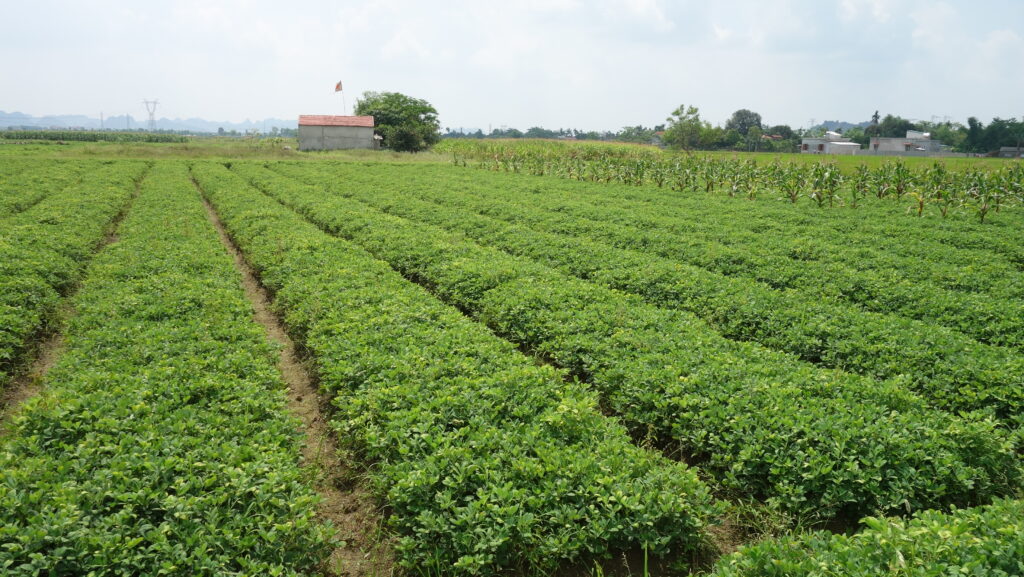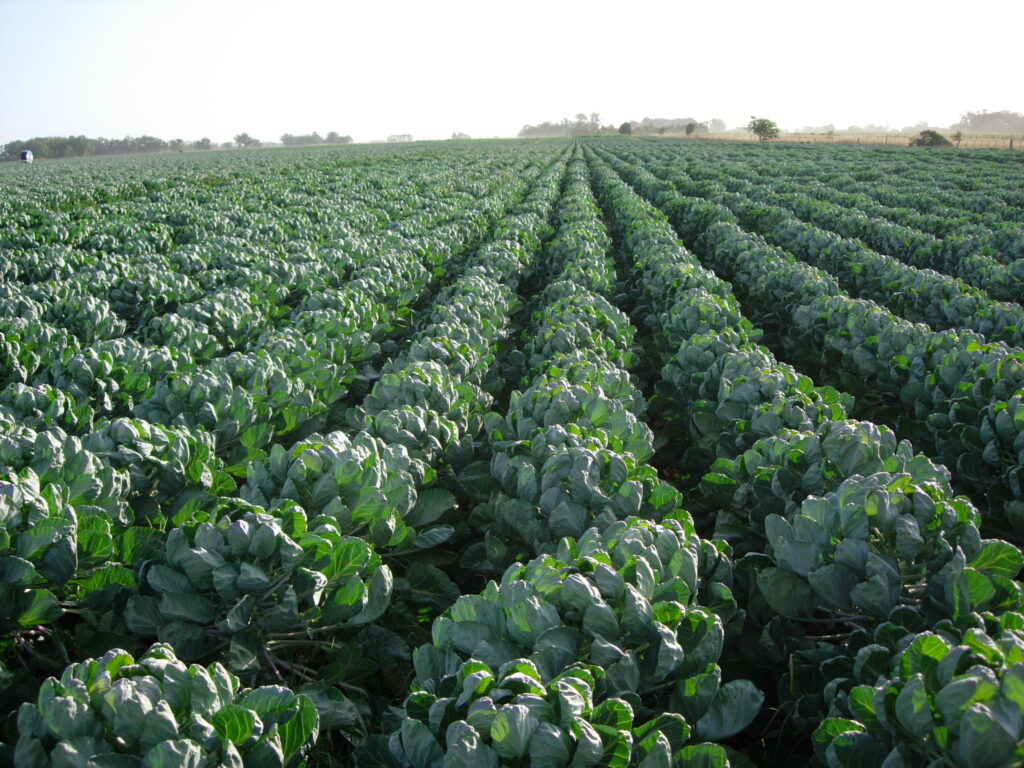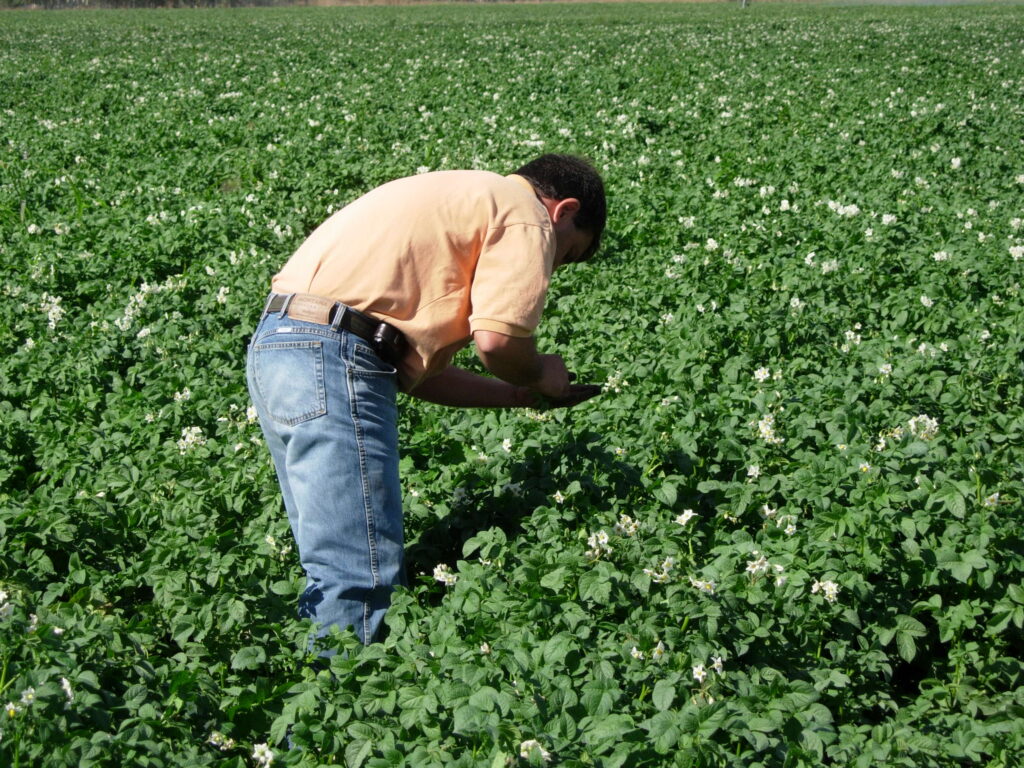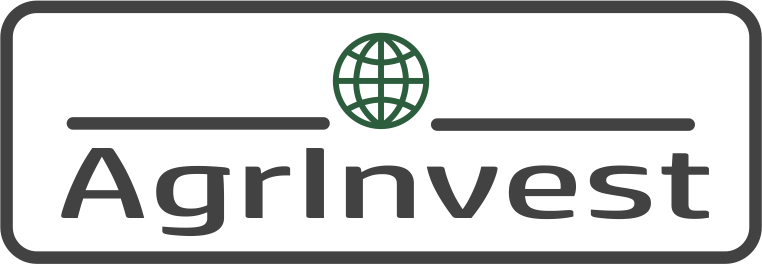About Us
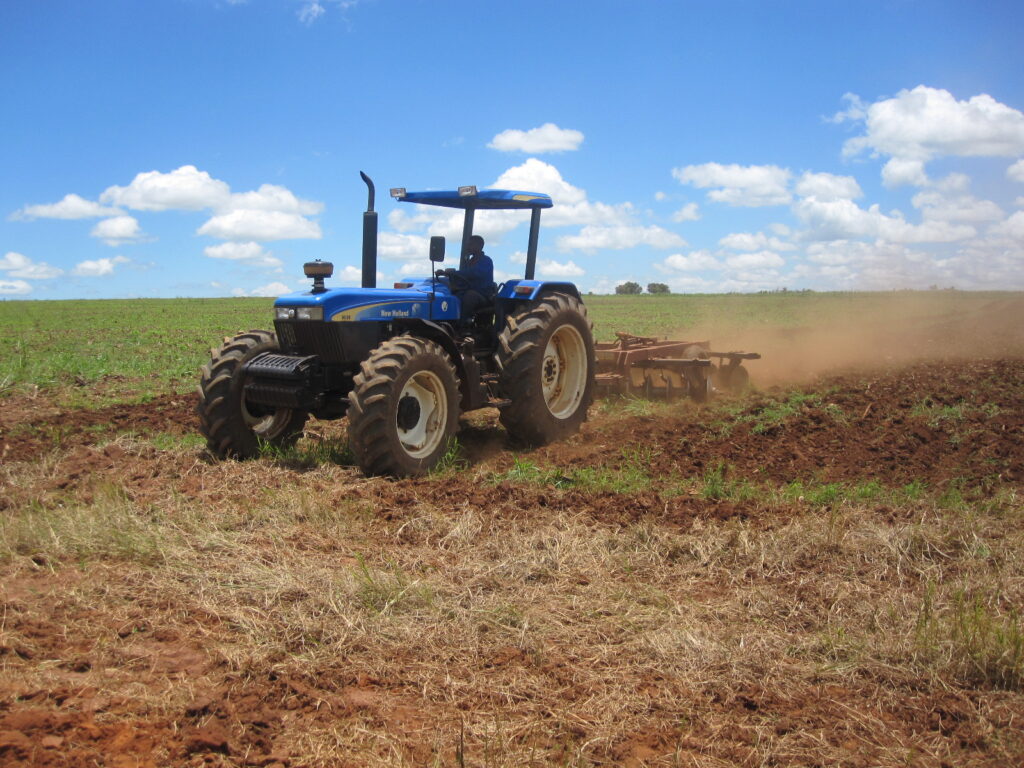
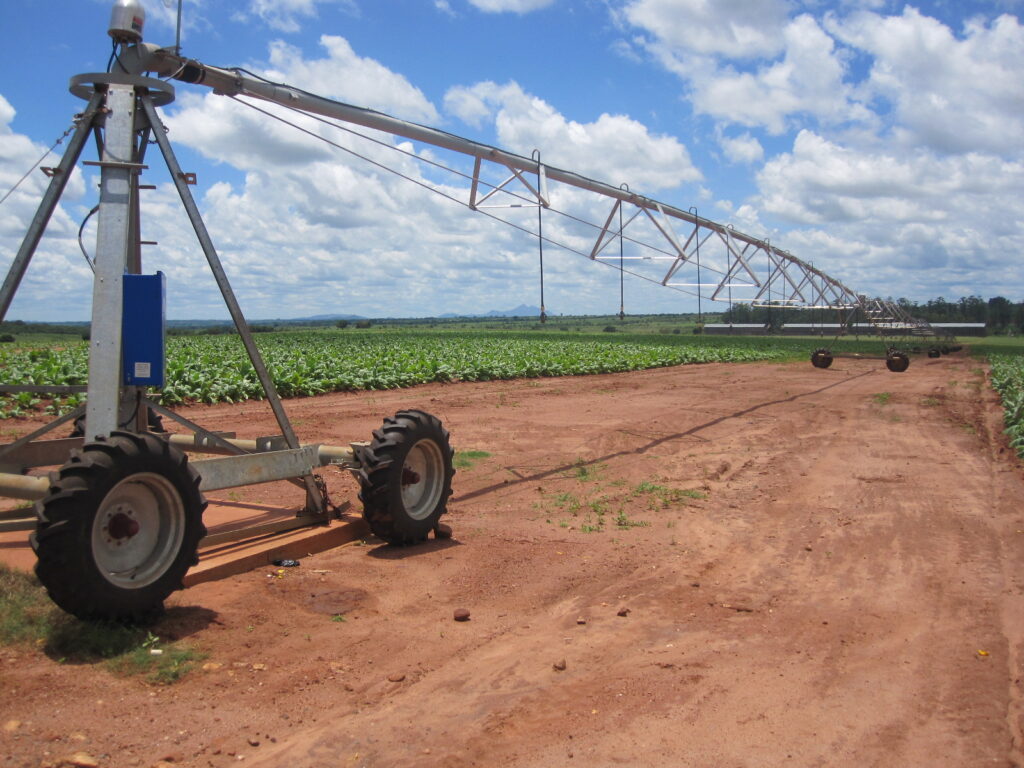
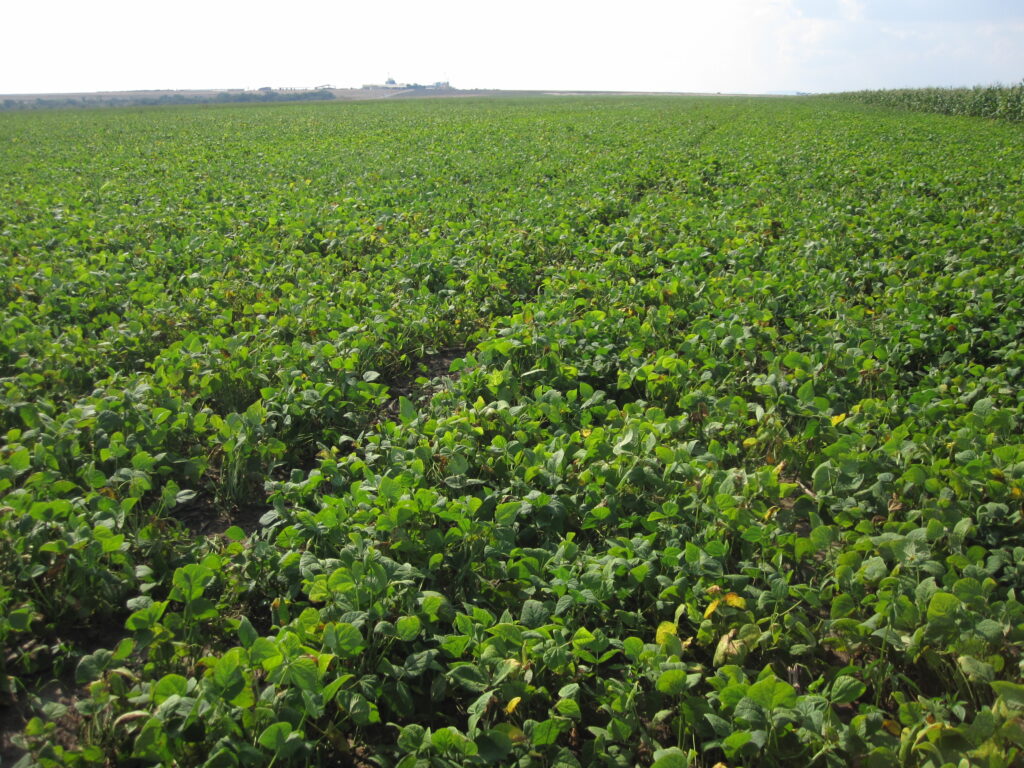
Inclusive agriculture
AgrInvest developing agri-food projects for 18 years
History
Agrix was set up as an independent consulting firm in 2003 and originates from a holding company called Cebeco Group of Companies that was founded in The Netherlands in 1899. Cebeco was the leading Dutch agri-food conglomerate for well over a century. The holding comprised well known food companies, seed companies, agrotechnology, horticultural inputs, feed trading, consulting & business development services (Cebeco International) and many other companies. As Cebeco was a second-tier cooperative (a cooperative of cooperatives) and the member cooperatives (like AgriFirm and ForFarmers) had, after an extensive process of mergers, emerged as multi-billion coop’s, Cebeco was dismantled and the companies owned by the holding became independent or sold to the former member coop’s.
Cebeco International was continued after 2003 by the name of Agrix Food & Agriculture (F&A) Project Development. Agrix has always been very closely linked to the Dutch agrotechnology sub-sector and maintained close contacts with F&A technology developers and producers, both public and private. Agrix became an international project developer, its projects have a strong sustainability focus and are usually integrated in the sense that projects include both primary production and food processing. AgrInvest is a fully owned subsidiary of Agrix with headquarters in the city of Deventer, The Netherlands
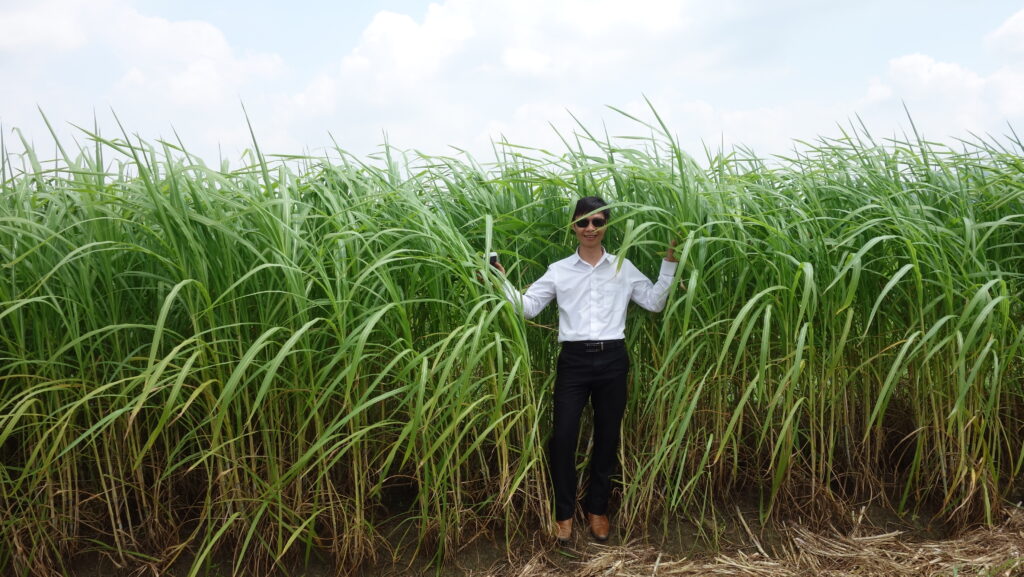
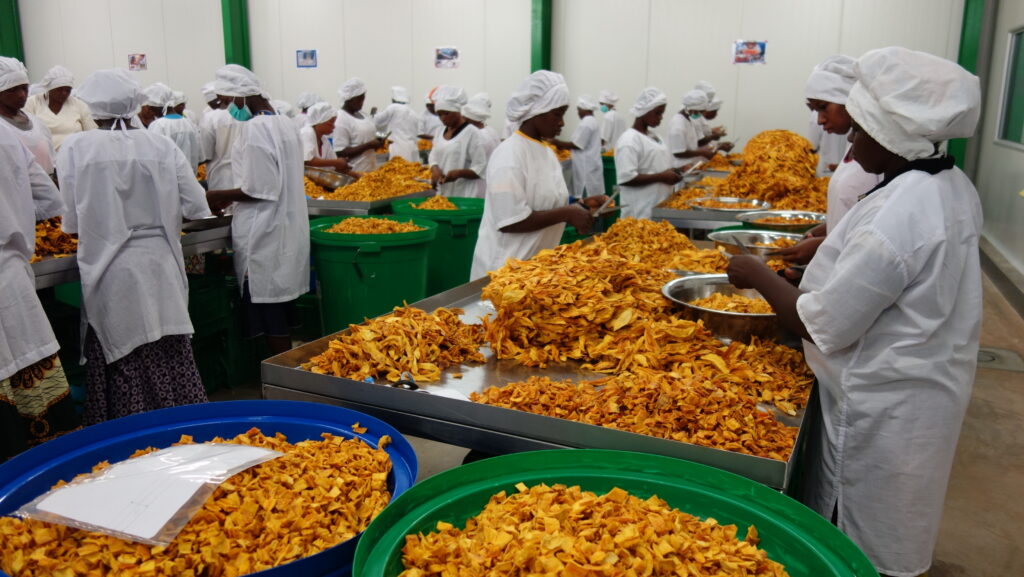
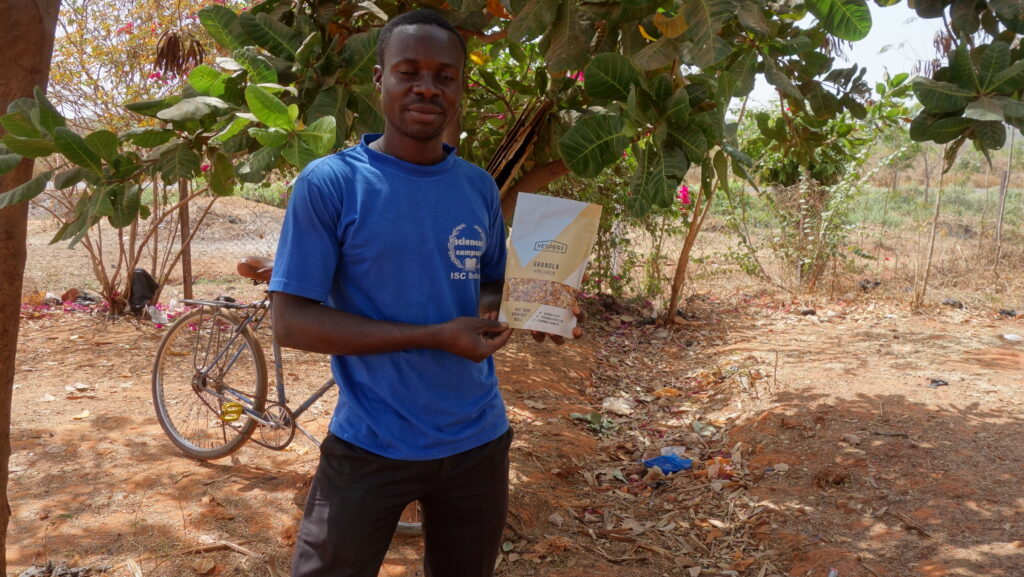
Since 2003
AgrInvest track record
Agriculture and Food systems
Food systems
AgrInvest was requested by several (foreign) entities to comment on the Dutch agri-food (innovation) system and explain how Dutch agrifood became relatively successful worldwide, the contributing factors and enabling environment. For that reason, AgrInvest assessed the Dutch agrifood technology complex, its innovating capacity and emerging technology clusters. Some examples of relevant innovative agrifood technology related trends are Precision Agriculture (GPS, robotics, drones), Greenhouse Technology (net energy production, carbon footprint, climate control, biological pest control, automation/robotics, fertigation, natural substrates), Indoor Farming (led lighting and vertical hydroponic production), Biorefinery (bio-polymers), Plant Protein (sources, extraction technology, meat replacers), Hemp (mechanization, processing, medicinal THC, CBD oil), Agrifood Big Data and Block Chain (technology, exchange, standardization, information ownership).
Agrix F&A Scan
AgrInvest standardized its agrifood sector assessment approach in developing countries. These services are often commissioned by the Dutch Ministry of Economics, the Ministry of Agriculture (through the network of Dutch agricultural councilors) and the Ministry of Foreign Affairs. The latter usually as a preparation of Minister’s visits to countries in which agri-food is important for bi-lateral relations (which usually is the case). The common thread is to contribute to the realization of the United Nations defined Sustainable Development Goals (SDG’s), especially SDG #2 (Zero Hunger), through private and public sector involvement. AgrInvest is committed to Climate-Smart Agriculture solutions: increase productivity, enhance resilience and reduce emissions. For that purpose, AgrInvest developed a structured method to assess a country’s agrifood sector, called the “Agrix F&A Scan®”.
It is a challenge to have sustainable production coincide with increased food security. In developing a robust, productive, agile and sustainable food system there may be conflicting objectives that need to be addressed. Conventional production applying an integrated pest management protocol (IPM) combined with the moderate use of artificial fertilizers usually guarantees the most efficient use of water and soil.
Less than 50% of the world population lives in rural areas and this percentage is continuously decreasing. But, rural area’s host 80% of the world’s extreme poor. To keep young people, men and women, interested in an agricultural life and living in rural areas, work must be physically acceptable and farms must generate a reasonable income to provide economic security. Where possible, innovative production methods and technology should be introduced, also in developing countries. New adapted technology can mitigate the risks associated to climate change, make a production system more resilient, therefore promote food security and increase farmers income.
